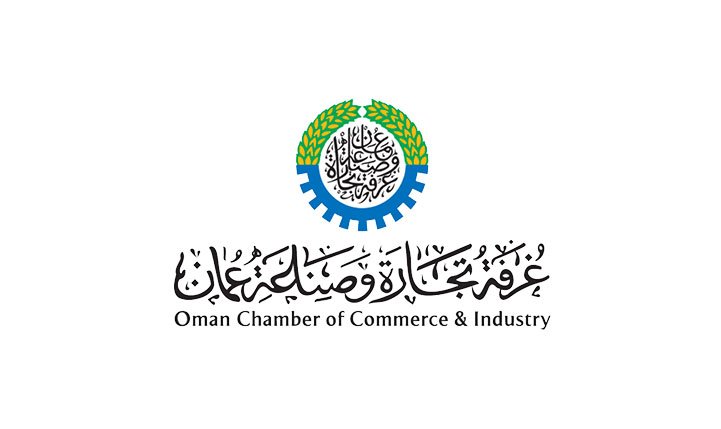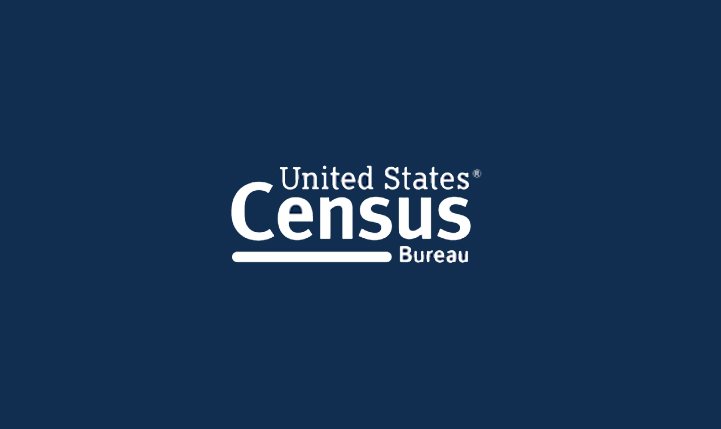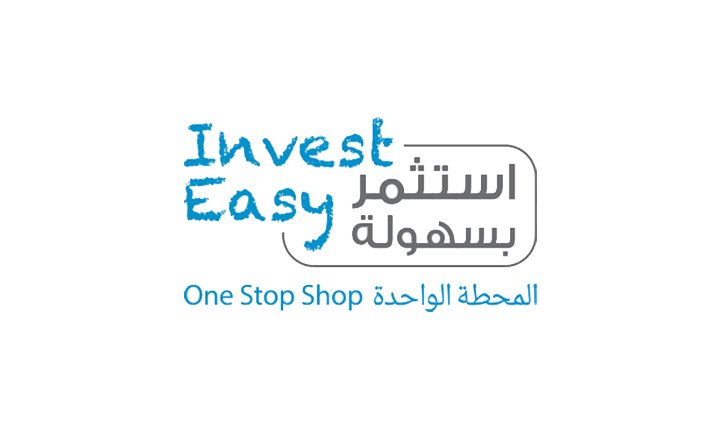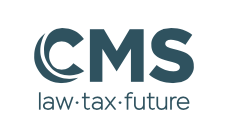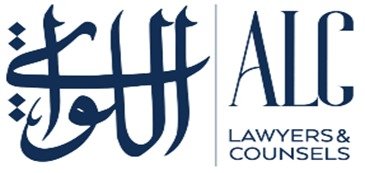The Oman-U.S. Free Trade Agreement
As a part of the celebration surrounding the 15th anniversary of the U.S.-Oman Free Trade Agreement, the Oman American Business Council (OABC) launched a 24-page FTA Guide. This is the most expansive guide ever published on the utilization of the U.S. – Oman FTA, created to support companies seeking to maximize opportunities through access to data, success stories, and practical insights.
Key contributors include Jason Buntin from the U.S. Trade Representative’s Office, who provided essential trade statistics, and inspiration from CIPE Bahrain’s Economic Diversification and Access to Finance project, supported by the U.S. Department of State’s Middle East Partnership Initiative (MEPI). AmCham Jordan’s work on the U.S. Embassy-sponsored Spotlight on the U.S.- Oman FTA program also helped lay a foundation for the full guide.
Launched in December 2024 to mark the 15th anniversary of the U.S.-Oman FTA, this guide will be updated regularly to ensure its relevance and impact for businesses in Oman and the United States. We encourage members and friends to share widely – it’s free to download!
The United States entered into a Free Trade Agreement (FTA) with Oman on January 1, 2009.
The FTA allows US investors to wholly own their companies without requiring a local sponsor, although many choose to partner with Omani companies to leverage local expertise and to facilitate business.
This agreement represents an important tool to foster continued economic engagement and open opportunities for ports, businesses, farmers, manufacturers and many other service providers..
Under the market access provisions of the FTA, the United States and Oman provided each other immediate duty-free access for tariff lines covering almost all consumer and industrial goods, and 87% of all agricultural tariff lines. Both countries agreed to phase out all tariffs on the remaining eligible goods within 10 years (January 1, 2019).
The FTA contains trade facilitation measures designed to expedite the movement of goods and the provision of services between Oman and the United States; investment provisions intended to strengthen protections for U.S. investors operating in Oman, including allowing them to fully own a business without a local partner; and provisions on safeguards, intellectual property rights, government procurement, labor, environment, and dispute settlement to improve the regulatory climate for bilateral trade and investment.








